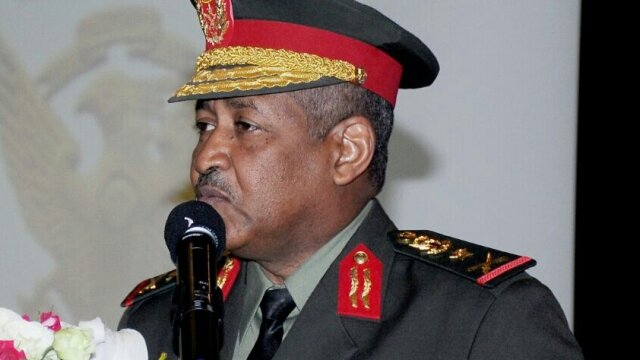The International Day for Tolerance is observed every year on November 16 to generate public awareness of the dangers of intolerance.
Over the past years, acts of intolerance, violence, terrorism and racism have been on the rise. They are often directed at the most vulnerable members in our society: national, ethnic, religious and linguistic minorities, refugees, migrant workers and immigrants.
Intolerance is a threat to the consolidation of peace and democracy and an obstacle to development, the International Day for Tolerance reminds us all of the dignity and worth of every human being and encourages us to live together in peace.
Tolerance means forgetting the bitter past with our full will and abandoning desires to cause harm others for any reason.
Tolerance is having a strong desire to concentrate on seeing the good in others and to overlook their misdeeds.
Tolerance means feeling mercy and sympathy towards others and giving all our inner nobles to others.
Tolerance covers all human rights divisions; but political tolerance comes on top due to its comprehensive influence in citizens' lives.
Late South African Icon, Nelson Mandela was quoted as saying: "There will be life after Mandela. On my last day I want to know that those who remain behind will say, 'The man who lies here has done his duty for his country and his people'."
Africa introduced to the world a sample of a leader like Mandela who overcame his personal bitterness and transcended his own interests through the virtue of tolerance which he was enjoying.
The same continent introduced a whole nation that emerged from the ruins to prove to the globe that national unity and tolerance are not unattainable.
It is Rwanda in the Lakes Region which terrified the world with horrible civil war which claimed the lives of around 2 million of its population, managed to achieve in a record time the highest development growth rate after the national reconciliation.
Nobody in Rwanda now says that he is Tutsi or Hutu as tribalism vanished in the transactions and daily practices.
That is what we need in Sudan, especially during the talks over the two areas.
Tolerance, reconciliation and overcoming bitterness should dominate our political arena.
-
We’re at CyberwarNext >

